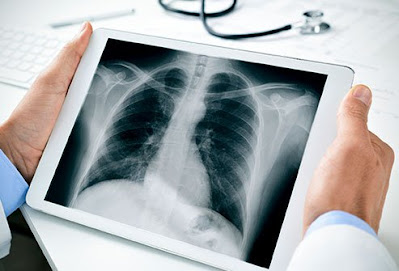people report they felt addicted after using the drug only
once or twice.
Signs of drug use.
Your child may be using alcohol or drugs if you notice a
dramatic change in the teen's appearance, friends, or
physical health.
These are other possible signs:
Evidence of drugs and/or drug paraphernalia.
Behavioral problems and poor grades in school.
Emotional distancing, isolation, depression, or fatigue.
Overly influenced by peers.
Hostility, irritability, or change in level of cooperation
around the house.
Lying or increased evasiveness about after-school or
weekend whereabouts.
Decrease in interest in personal appearance.
Physical changes, such as bloodshot eyes, runny nose,
frequent sore throats, and rapid weight loss.
Changes in mood, eating, or sleeping patterns.
Dizziness and memory problems.
Unusual odor on breath (alcohol, inhalants, marijuana).
Widely dilated pupils even in bright light.
Variety of causes
Drug use develops over time, and different pathways lead
to drug problems. These are some of the general factors
that may place a teen at risk:
Too little parental supervision and monitoring.
Lack of communication and interaction between parents
and children.
Poorly defined and poorly communicated family or home
rules and expectations about drug use
Inconsistent or excessively severe discipline
Family conflict
Parental permissiveness toward adolescent alcohol and
drug use, and/or parental alcoholism or drug use
Peers and peer pressure, especially if the teen hangs
around with at-risk friends
In addition, a teen with the following mental or emotional
tendencies may be at increased risk:
Medical history of an anxiety disorder or disruptive
disorder
Medical history of depression or bipolar disorder; this
may appear after substance abuse begins
Poor academic achievement
Abnormal socialization between the ages of 7 and 9;
abnormal socialization means having parents or peers
who behave in ways not acceptable to most people; for
instance, having parents who abuse drugs
High need for sensation seeking or engaging in physically
risky or dangerous behaviors
Psychological distress
Difficulty maintaining emotional stability
Perception that drug use is harmless
Low family income, with little access to opportunity for
success
Early treatment is best
The earlier you seek help for a teen's alcohol or drug
problem, the better. A qualified family therapist can
evaluate and assess your child, then provide appropriate
treatment. This may include outpatient therapy or therapy
in a residential treatment facility.
How successful treatment will be depends on your teen's
temperament and willingness to change, as well as how
long and how often the drug was used. It may take
several times at trying to quit before your child is able to
do so for the long term. Each attempt to quit brings the
child closer to success.
Where should you look for a counselor for your child?
Talk with your child's health care provider, other parents
whose children have been treated for drug abuse, a local
hospital, school social worker, or county mental health
society.
Therapy focuses on the teen's life choices, in addition to
his or her relationships with family members. It's
essential you be involved in the treatment. Positive parent
relationships are a critical ingredient in combating a
teen's drug problems.







No comments:
Post a Comment